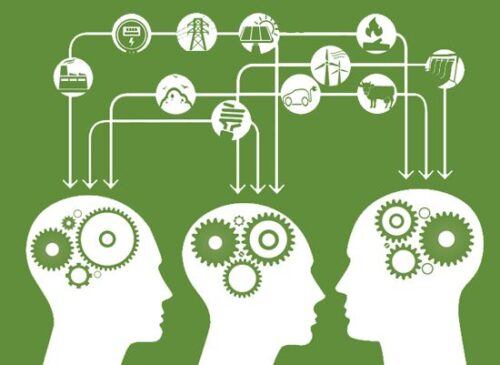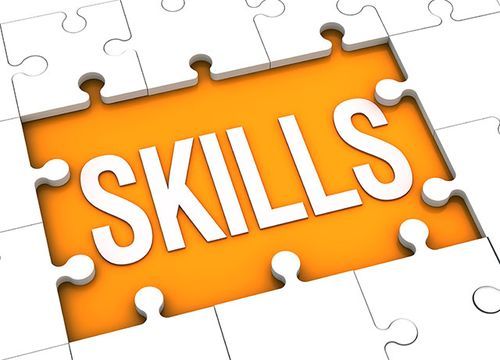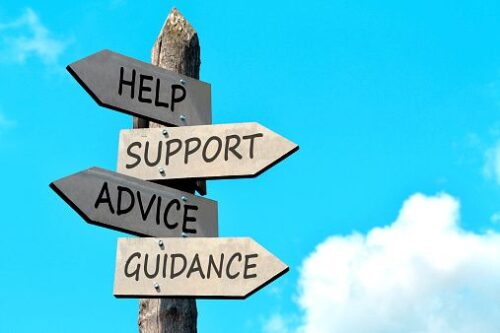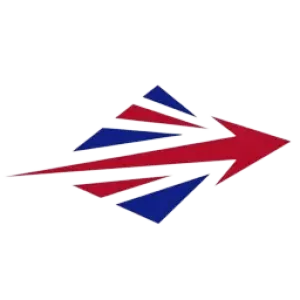The car is symbolic of many things in life. Therefore, it is probably not surprising that the English language is replete with innumerable phrases related to cars and auto-related activity.
There are so many, in fact, that the prospect of learning them might seem overwhelming for some. Nonetheless, it pays to take a look at some key phrases that have infused the English language in more ways than one.
Riding shotgun
The phrase “riding shotgun” might seem to be connected to the mafia or some other type of gang violence. Actually, its origins aren’t very far from this. This strange-sounding expression comes from the days when people used to travel in horse-drawn wagons, rather than cars, and they wanted to be prepared to fire back in case someone first took aim to shoot at them. Anyone sitting in the back wouldn’t be able to do this, of course.
These days, riding shotgun refers to the person who takes the passenger seat in the front of a car. There are a lot of great options for cars where the person in the passenger seat can show off. A snazzy sports car, or even a convertible could give the shotgun rider a bit of the limelight along with the driver. If you’re up for a ride in a fancy car and want to grab the front seat, simply shout “Shotgun!” so you can get the front seat and give yourself a prominent position!
Backseat driver
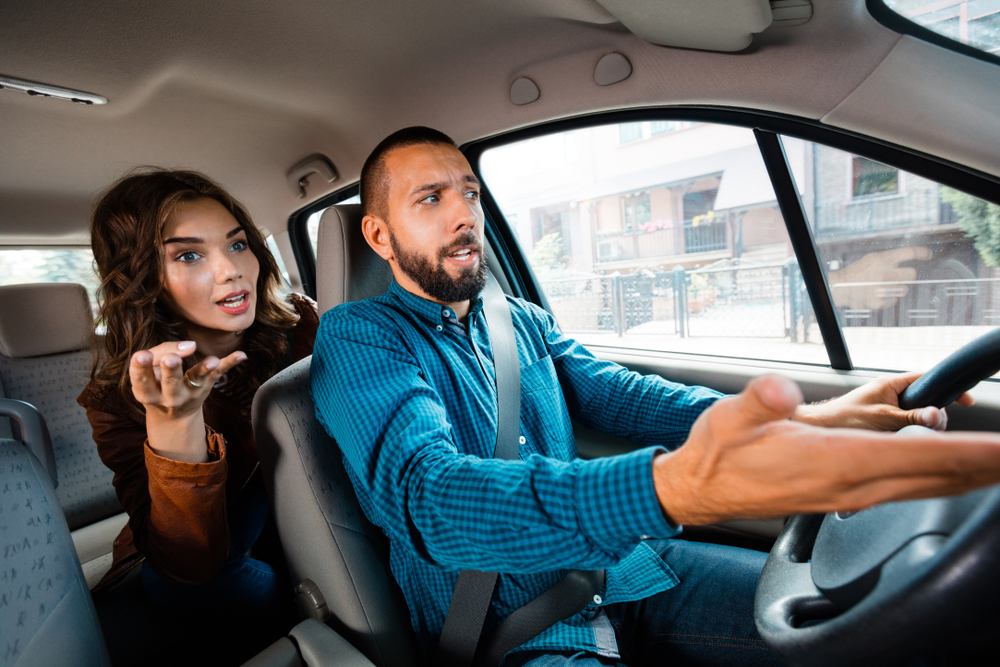
The phrase “backseat driver” might bring to mind images of people twisting themselves around the shoulders of a driver to try to drive from the back seat, but actually the expression was coined to describe a person sitting in the back seat of a car who keeps telling the driver what to do. “You’re supposed to turn here!” “Stay in the lane!” “Look to the right!”
Symbolically, the phrase has to do with people who tell others what to do, despite the fact that they’re not the ones in the decision-making position. People get annoyed when they feel like their leadership are being infringed upon.
Buckle up!
This is a phrase that is obviously used when parents are preparing to take their kids out in the car. But it is also used metaphorically. If people are heading into a difficult venture and one that will likely present a lot of obstacles, the person in charge might say, “Buckle up! You’re in for a ride!”
The underlying meaning is that the people involved need to have patience and/or composure as the path ahead will be rough.
Step on it!
No, this doesn’t refer to walking down the street, as you could imagine. The phrase comes from the idea of stepping on the gas in a car; in other words, speeding things up. And while the phrase can be used to describe the actual process of speeding up in a car, the meaning goes much further than this.
Any time a person is dawdling or needs to get going on something, another person might use this phrase to push them along. A parent might say to a child who is taking his time getting ready for school, “Step on it! You’re going to miss the bus!”
Hit the brakes

Another phrase that has to do with driving is “hit the brakes”. If you’re in a car and suddenly need to stop, you might say this to your driver.
Symbolically, if a person or group is clearly heading in the wrong direction with something they are planning to do, others might caution them against it by using this phrase. “I think we need to hit the brakes on this campaign!” is something an executive might say to a marketing team if they have an idea that is clearly headed downhill.
Get the (this) show on the road
This phrase comes from the days of traveling shows. Historically, bands of traveling performers would travel from town to town, finding some large car to stuff into along the way.
People often use this expression to refer to something that is slow to get started. For example, if you’re facing a big landmark birthday and are reluctant to take that big yacht birthday party in Dubai that your friends have been trying to talk you into, they might say: “Come on! It’s time to get this show on the road!”
Car-related phrases are common
Once you get a hang of these phrases, hopefully you’ll be inspired to learn more. As you can imagine, the car is symbolic of so many things in life that there are endless uses of car-related phrases throughout English. Using them will surely impress the people around you with your native-sounding knowledge.
In addition to studying English sites, check out books and movies as you’ll see greater usage in different contexts. And don’t be afraid to throw them out in real life! Getting used to using your English in context is what it’s all about, after all.


